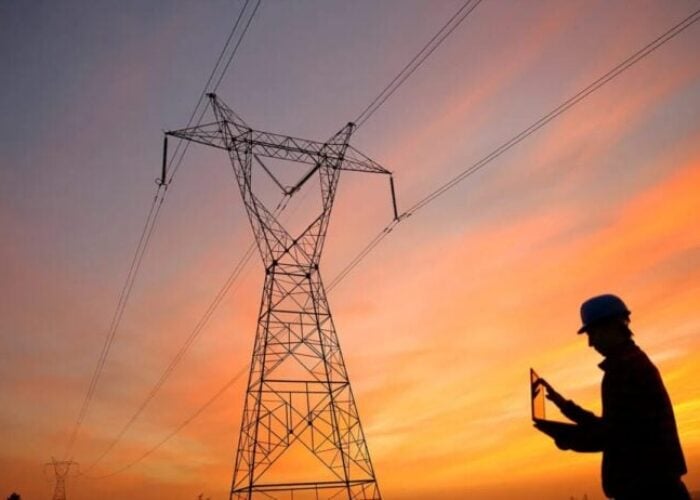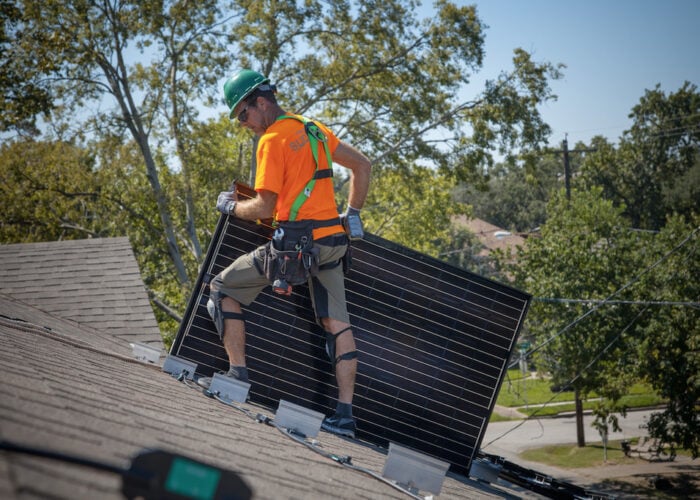Authorities in Hawaii’s capital, Honolulu, have been ordered to finance a US$16 million solar system as a penalty for failing to curb air pollution from a city landfill site.
The US Environmental Protection Agency said the City and County of Honolulu had not installed the necessary measures to collect and control methane and other air pollutants from its Kapaa landfill site by a 2002 deadline.
Unlock unlimited access for 12 whole months of distinctive global analysis
Photovoltaics International is now included.
- Regular insight and analysis of the industry’s biggest developments
- In-depth interviews with the industry’s leading figures
- Unlimited digital access to the PV Tech Power journal catalogue
- Unlimited digital access to the Photovoltaics International journal catalogue
- Access to more than 1,000 technical papers
- Discounts on Solar Media’s portfolio of events, in-person and virtual
Although a control system was eventually fitted in 2013, the EPA said in the interim substantial quantities of hazardous pollutants had escaped from the site, necessitating the penalty.
“Air emissions from a closed landfill are toxic, and can contribute to global warming,” said Jared Blumenfeld, EPA’s administrator for the Pacific Southwest. “If the proper systems had been in place at the landfill, over 343,000 tons of methane, and 6,800 tons of hazardous air pollutants and volatile organics would not have escaped to the atmosphere.”
In the settlement imposed by the EPA, Honolulu authorities will have to fund the solar project and pay a US$875,000 cash penalty.
The EPA said the project would involve the installation of solar arrays totalling 3.1MW on 50,000 square feet of buildings and open space area at the city’s waste-to-energy H-POWER facility by 2020.
“This settlement holds Honolulu accountable for past failures to collect and control toxic gases and greenhouse gas emissions from the Kapaa Landfill, but it also lays the foundation for better environmental stewardship in the future,” said assistant attorney general John C. Cruden for the Justice Department’s Environment and Natural Resources Division. “Residents who call Oahu home will realise the benefits of this agreement – which includes clean solar power production and reduced reliance on fossil fuels – for many years to come.”







